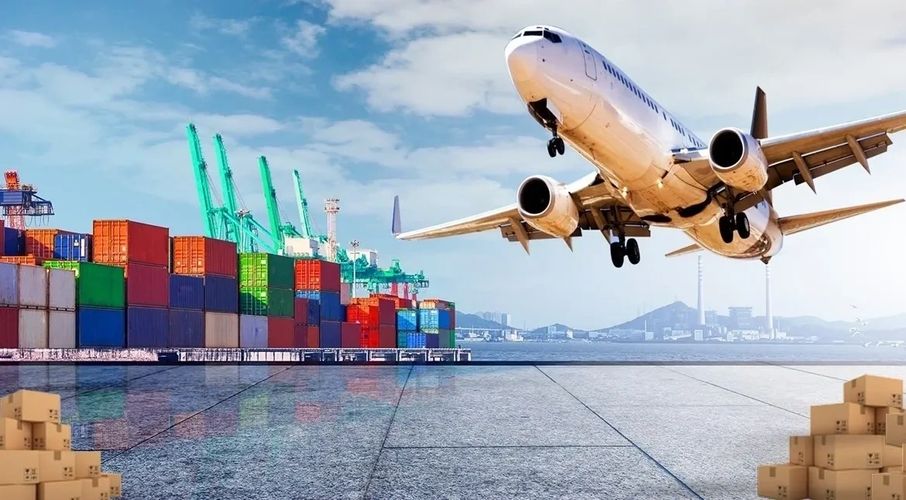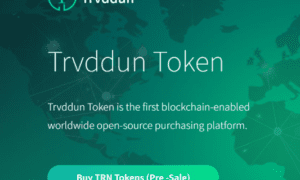Why Export to the European Union?
EU is the hub of major investors around the world, not only it provides best opportunities for businesses but also helps in market access while reducing trading barriers. The main reason for the European union is to promote peace and offer security to it’s citizens without any barrier. Here are some more reasons:
Must Read: https://tododisca.com/
A Big and Rich Market
Think about it, over 440 million people live in the EU, and many of them really care about what they buy. They don’t just look for cheap stuff; they want things that are well-made, long-lasting, and even better if it’s sustainable. That’s a big reason why so many exporters want to tap into this market. If you’re offering something with real value, there’s a good chance someone in Europe is ready to buy it.
Lower Trade Barriers for Many Countries
The good news? If your country has a trade deal with the EU, you might not have to pay high taxes on your exports, sometimes none at all. But there’s a catch: you have to prove where your product comes from. The EU wants to make sure the goods actually qualify under the agreement. That’s why things like certificates of origin are so important. They’re your ticket to lower costs and smoother trade.
Important Export Certifications in the EU
The EU 1 certificate, also called the EUR 1, basically shows that your product was made in a country that has a trade deal with the EU. Why does that matter? Because it can cut down or even remove customs duties when your goods enter Europe. Furthermore, you usually get the certificate from your local customs office. They’ll ask for some proof, like where your product was made and how. If everything checks out, your buyer in the EU pays less in import taxes. That gives you an edge, your product becomes more affordable and more appealing in a competitive market.
Rex Number (Registered Exporter System)
The Rex number is basically a shortcut for exporters. If your country is part of the EU’s GSP program, you don’t need to apply for an EU 1 certificate every time you ship something. Instead, you register once, get your Rex number, and just write it on your invoice.
That’s it. It proves where your product comes from and helps your buyer get lower import taxes. It’s quicker, cheaper, and honestly a big help, especially for small businesses that can’t afford delays or extra costs.
Rules and Regulations You Must Follow
While starting a business, EU set strict regulations. Your product must meet these standards before it can enter the market. This includes rules for packaging, labeling, ingredients (for food), and safety features (for machinery or electronics). Some common certifications include:
- CE marking for electronics and machinery
- REACH regulation for chemicals
- Organic certification for food and cosmetics
It is important to check the rules that apply to your product before you export, if you want a smooth business.
Final Thoughts
Selling to the EU isn’t as complicated as it sounds once you understand the basics. With the right documents, like an EU 1 certificate or a Rex number, you can lower costs and make your products easier to sell in Europe.
At the end of the day, if your product is solid and you take the time to follow the rules, there’s real opportunity out there. The EU values quality, and if you’re offering that, you’re already on the right track.































